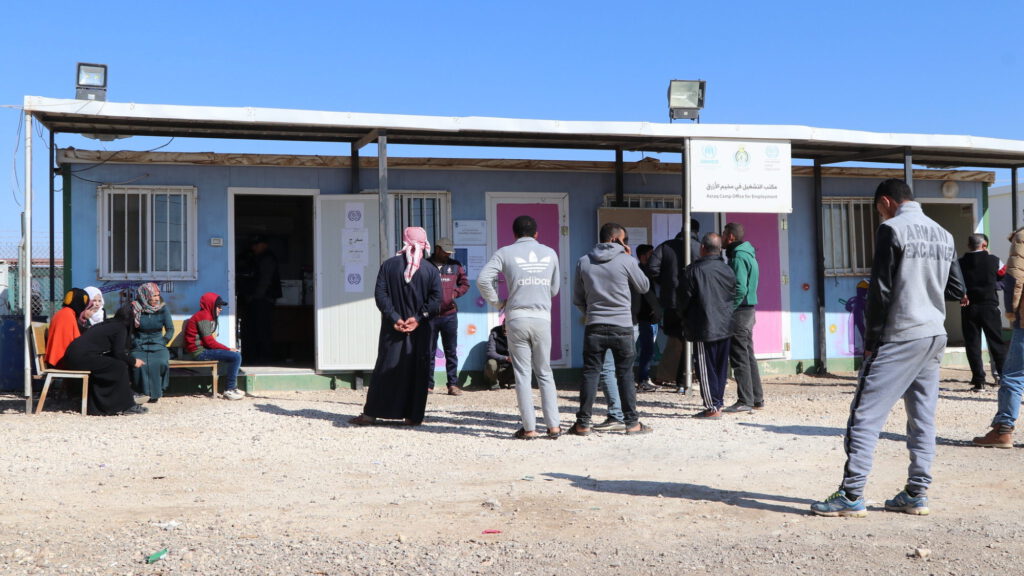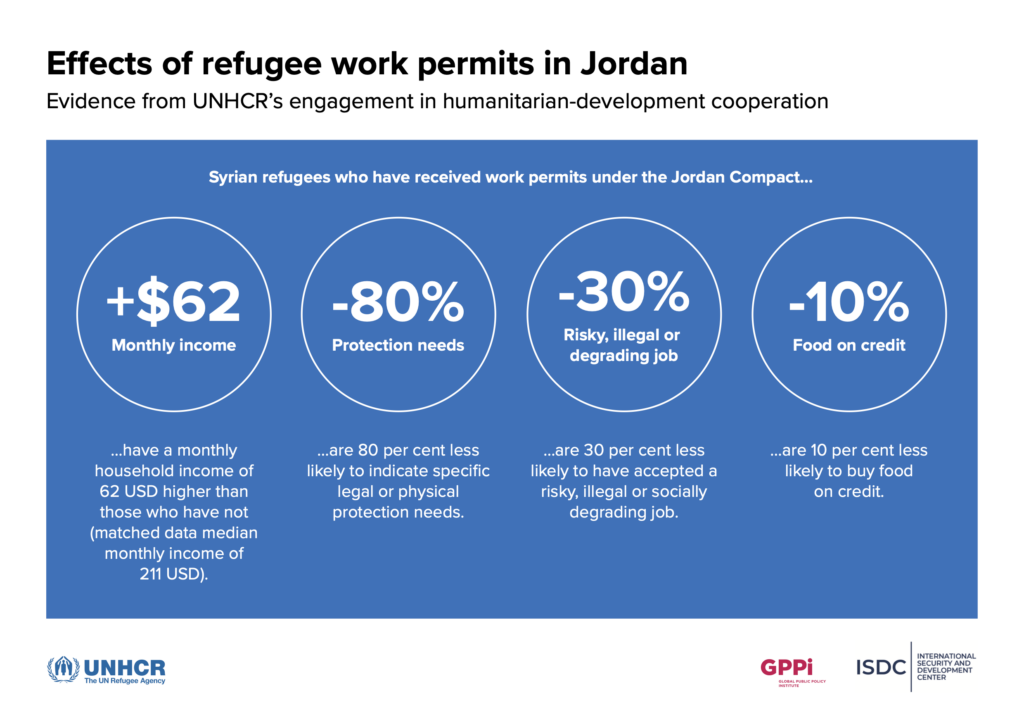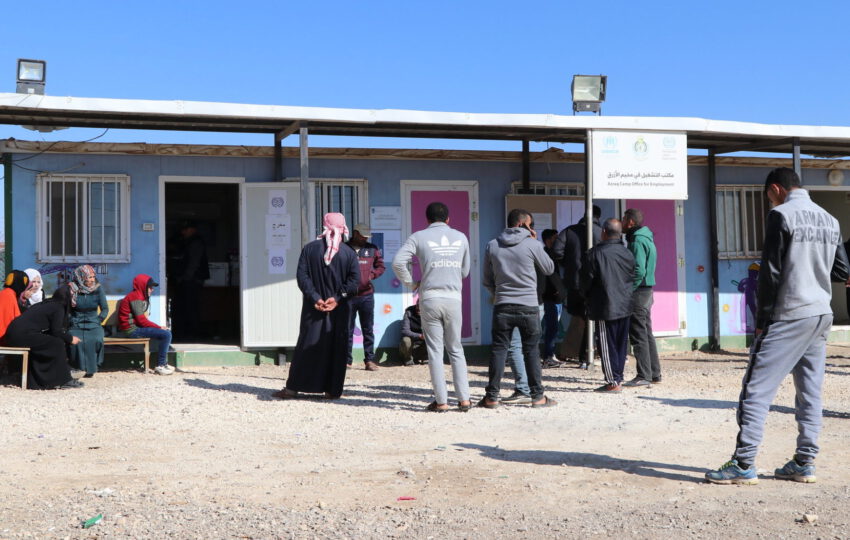Displacement trends show that developing countries host most of the world’s refugees and are dealing with displacement that lasts longer today than in the past. UNHCR sees an opportunity to improve outcomes for both refugees and host communities by combining humanitarian and development strategies.
In collaboration with Julian Lehmann and Julia Steets of GPPi, our team evaluated UNHCR’s engagement in humanitarian-development cooperation during the period from 2016 to 2020. We focused on 4 case-study countries, with emphasis on covering key variation in context factors.

In most cases, increased humanitarian-development cooperation had primarily positive effects on refugees, with host communities also benefiting from related investments. However, there are some concerns that development interventions would replace the humanitarian assistance refugees had been receiving, without enabling them to be fully self-reliant.
In Jordan, the provision of 200,000 work permits to Syrian refugees had a strong positive effect on refugees’ socioeconomic situations. Our findings show that refugees with work permits had higher odds of having a job, earned more when they held a job, and were less likely to be living below the poverty line. They were also less likely to require legal or security protection.

Similarly, projects to strengthen power supplies for both the refugee camps and the surrounding areas in Zaatari and Azraq had positive effects on food security and nutrition, health, and protection.
The report includes analysis of the case studies, evaluation of UNHCR’s approach, and recommendations for future humanitarian-development cooperation.
Read the full report here.



